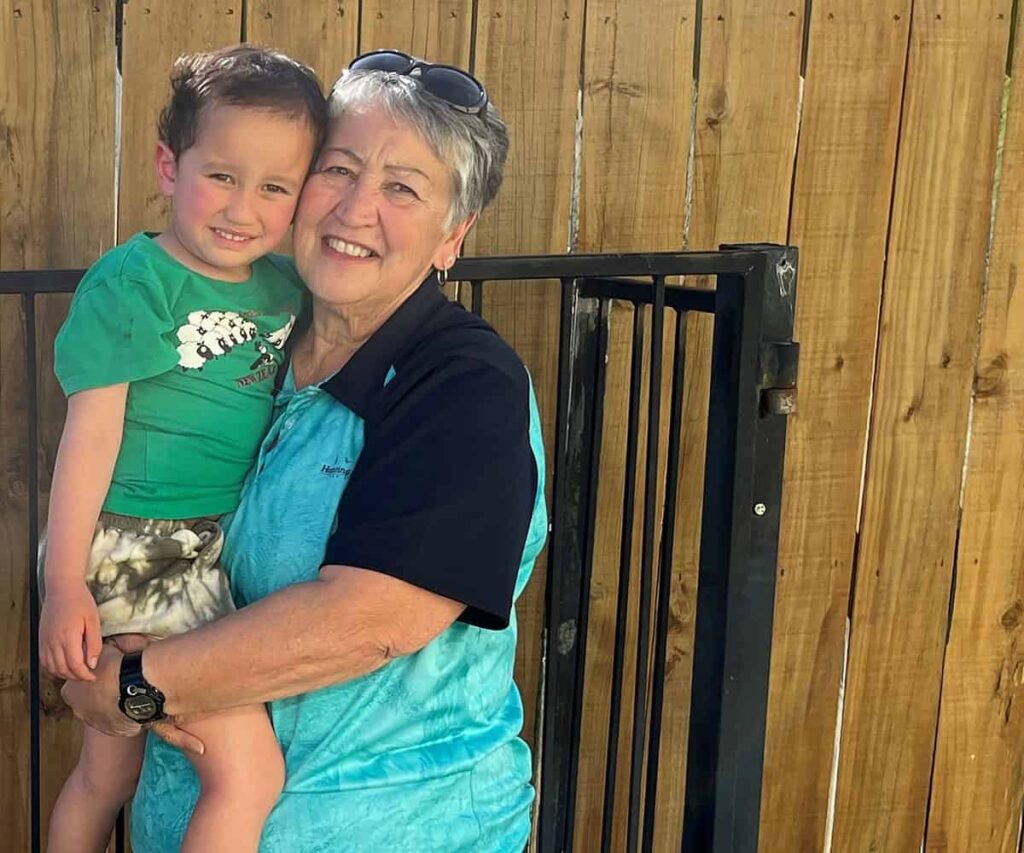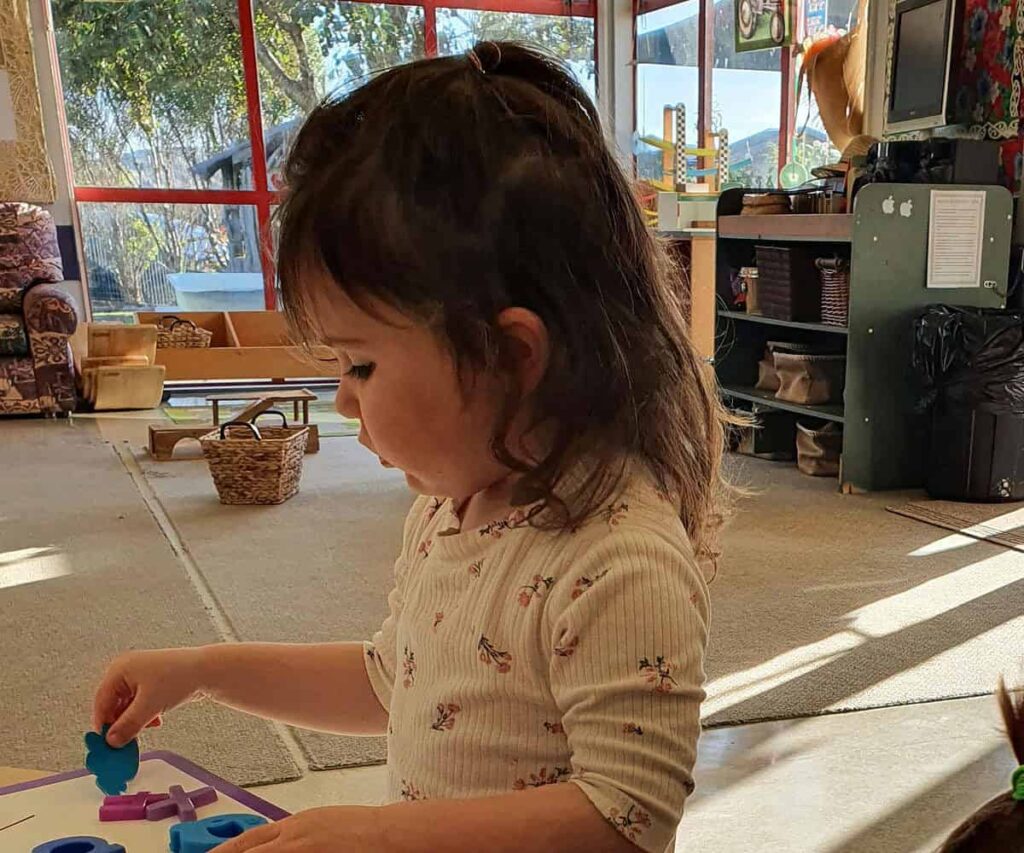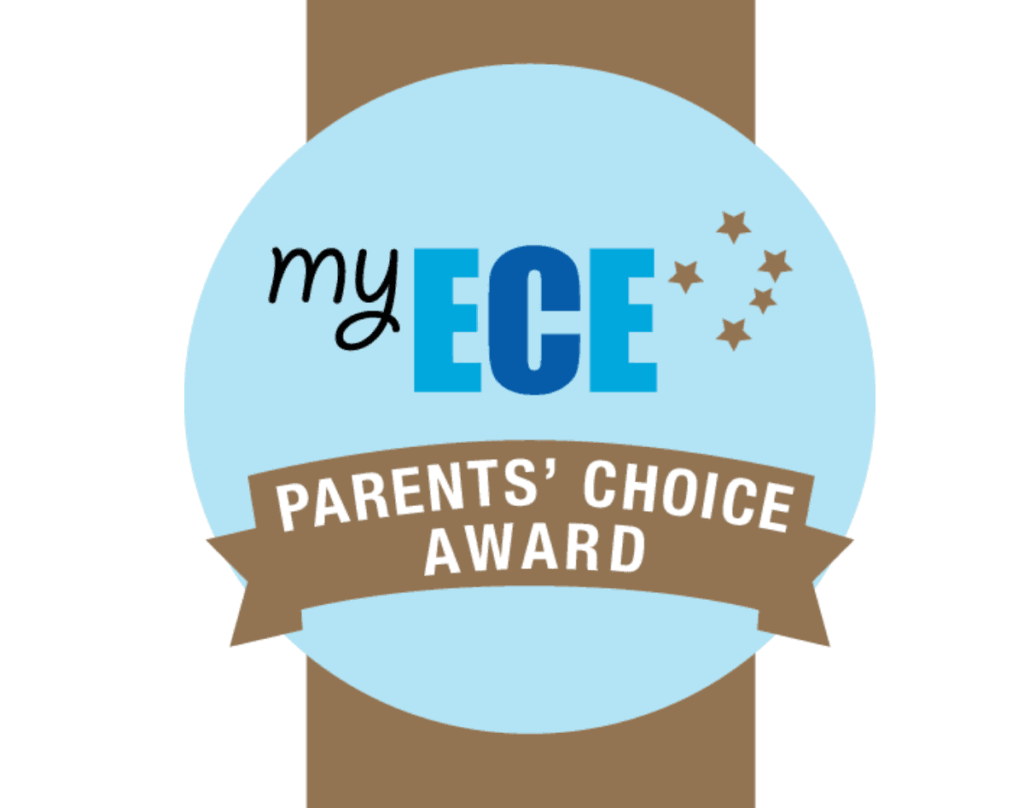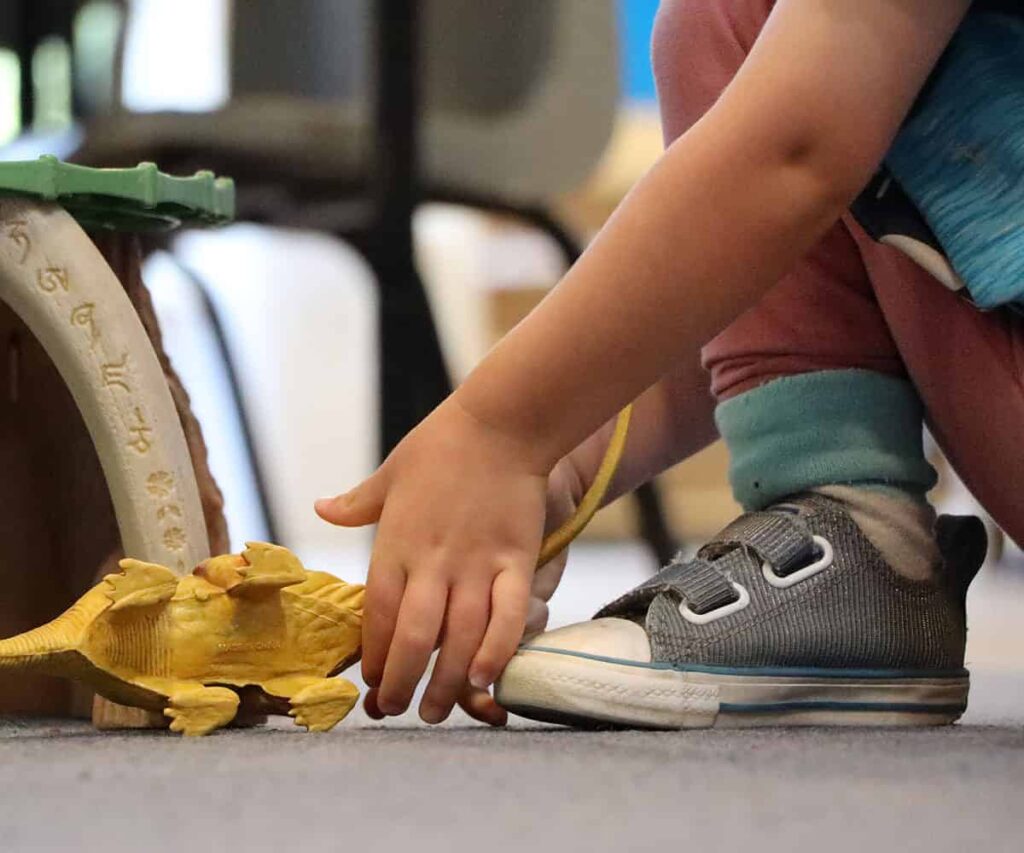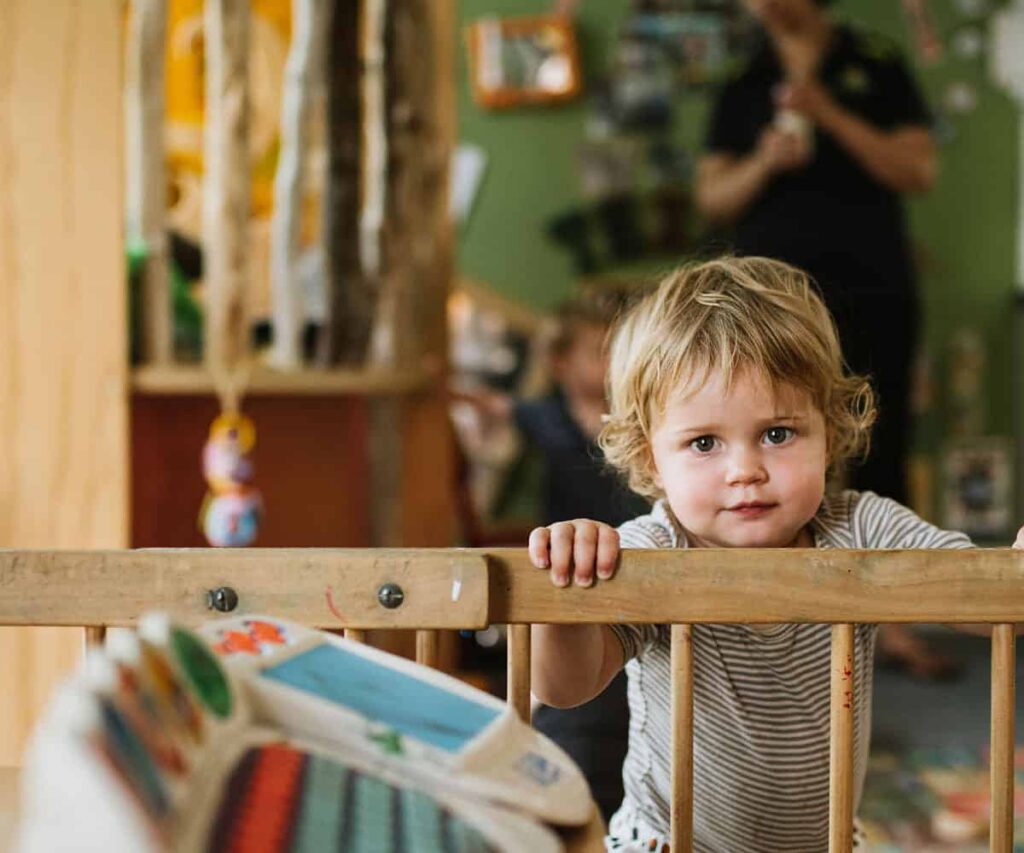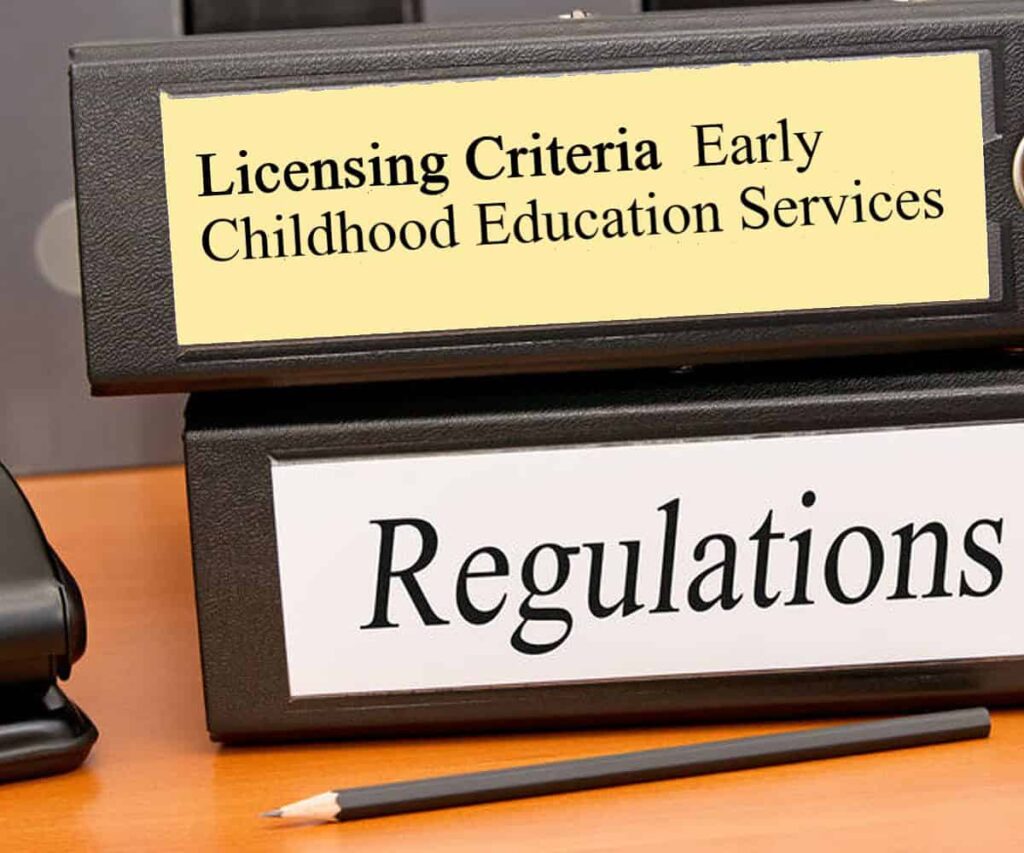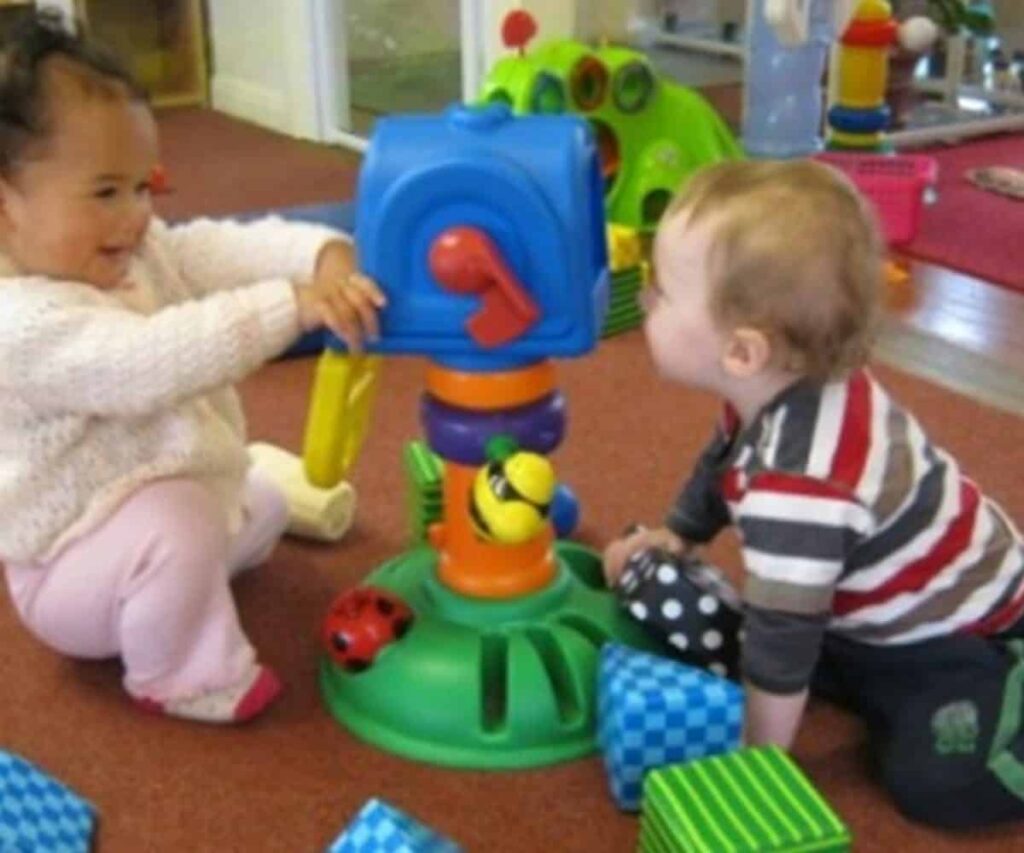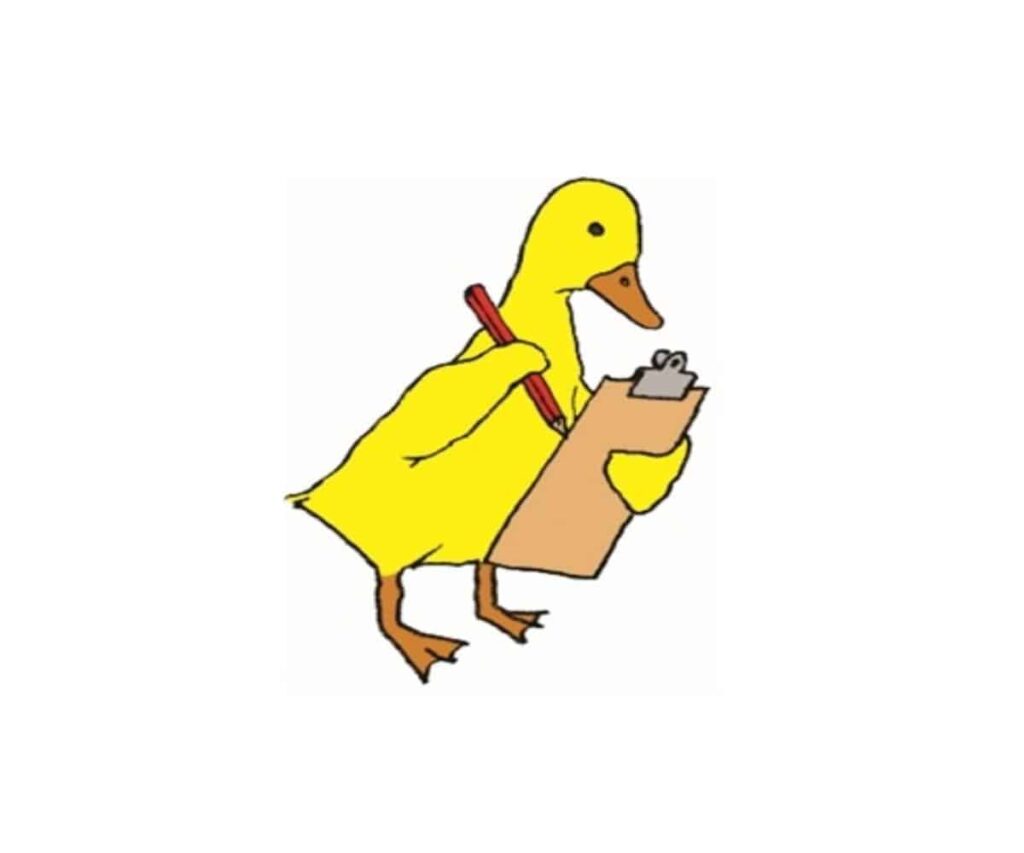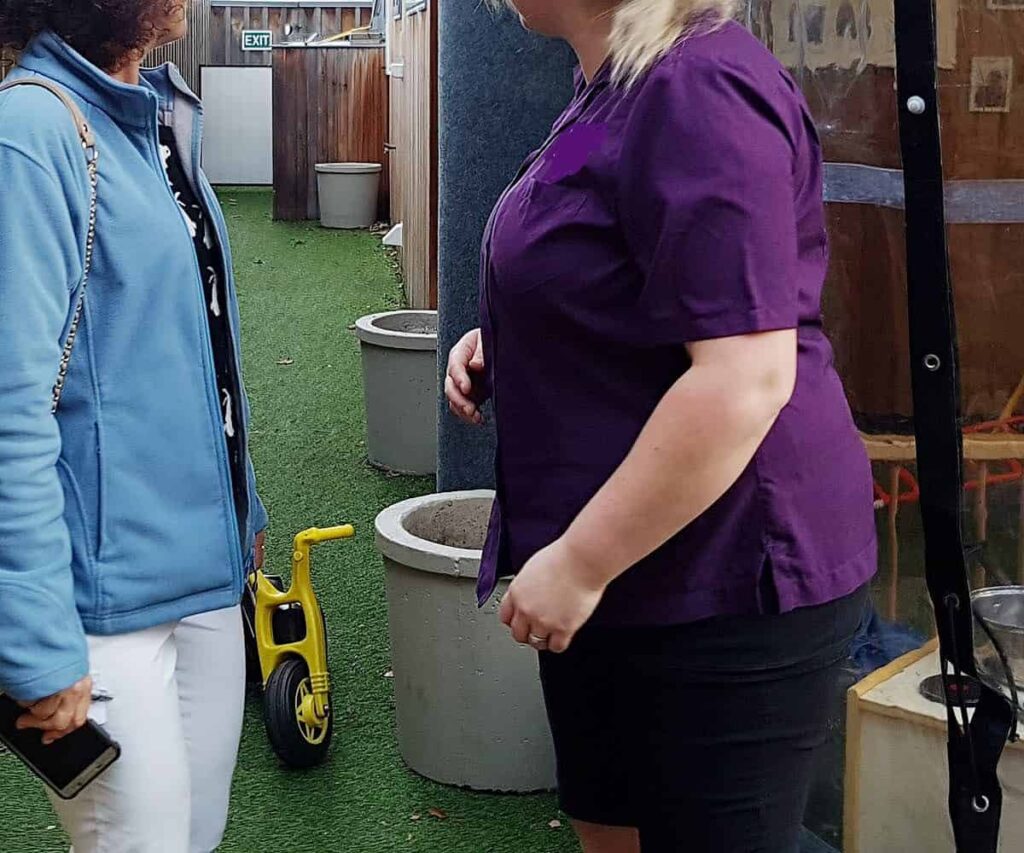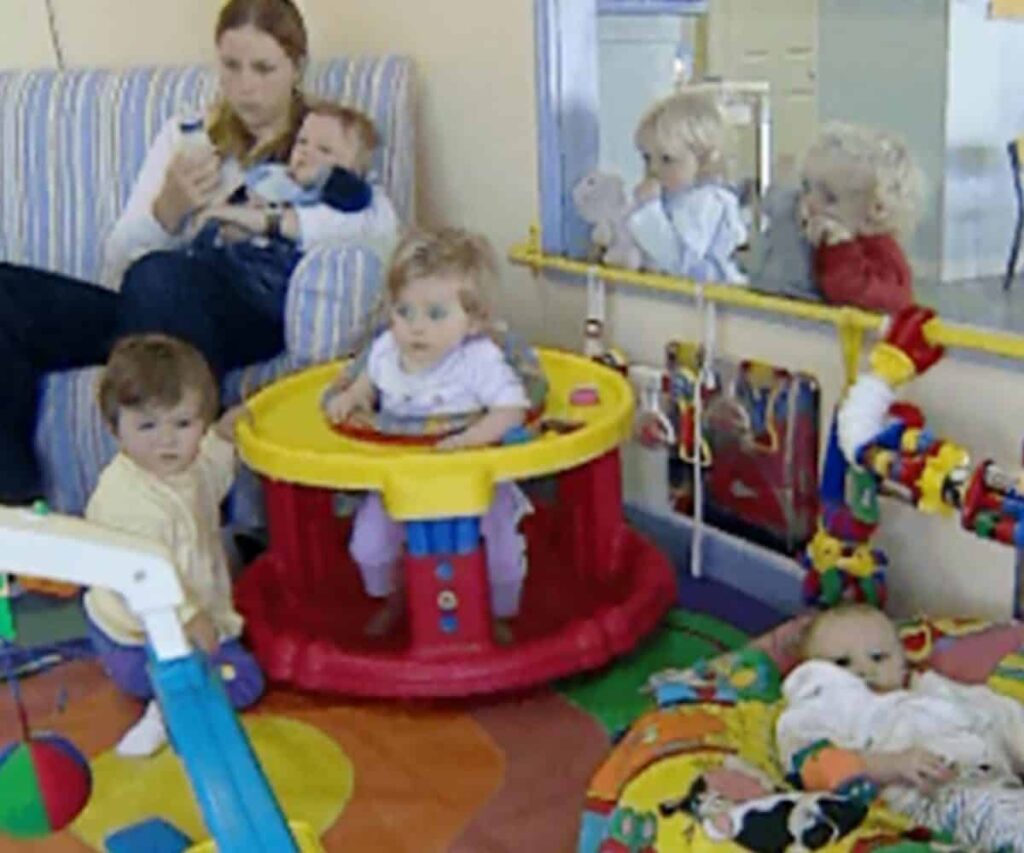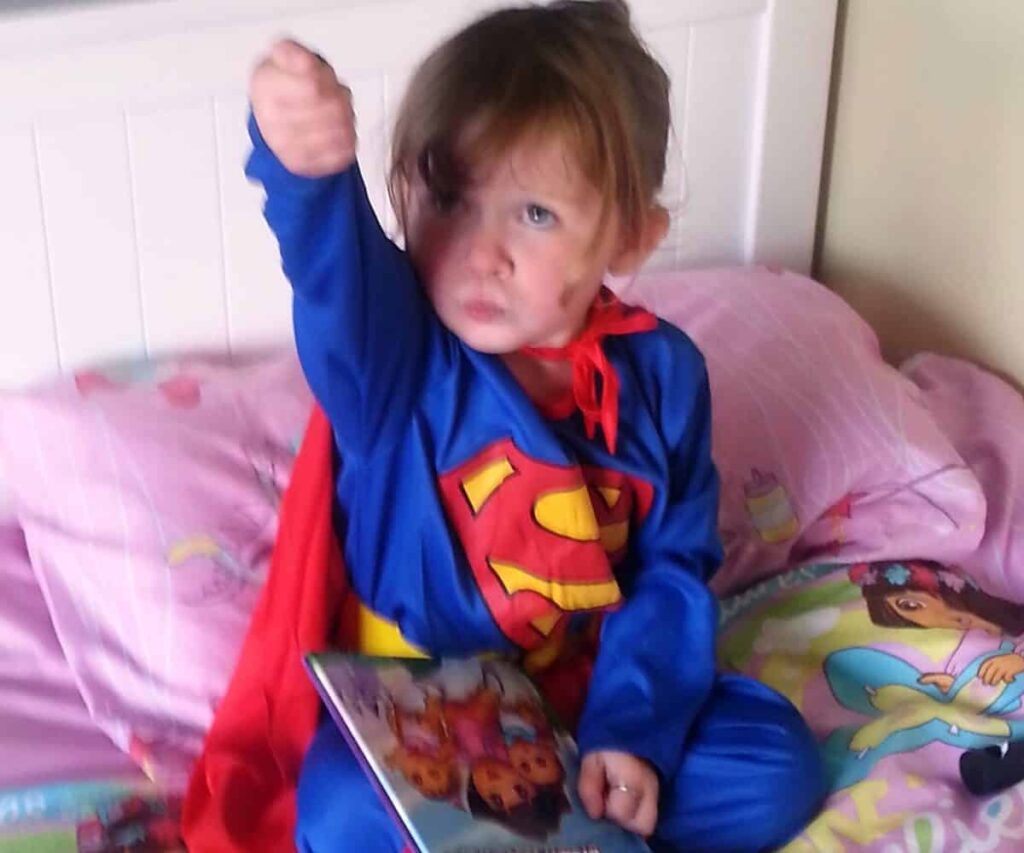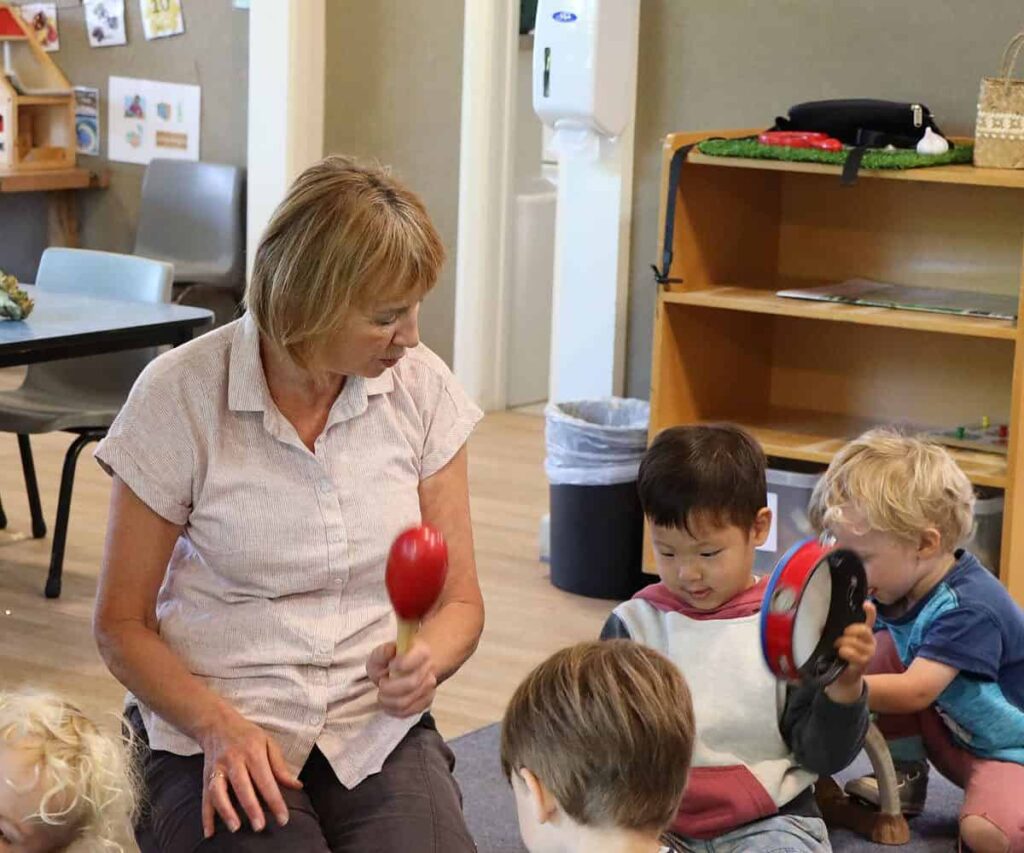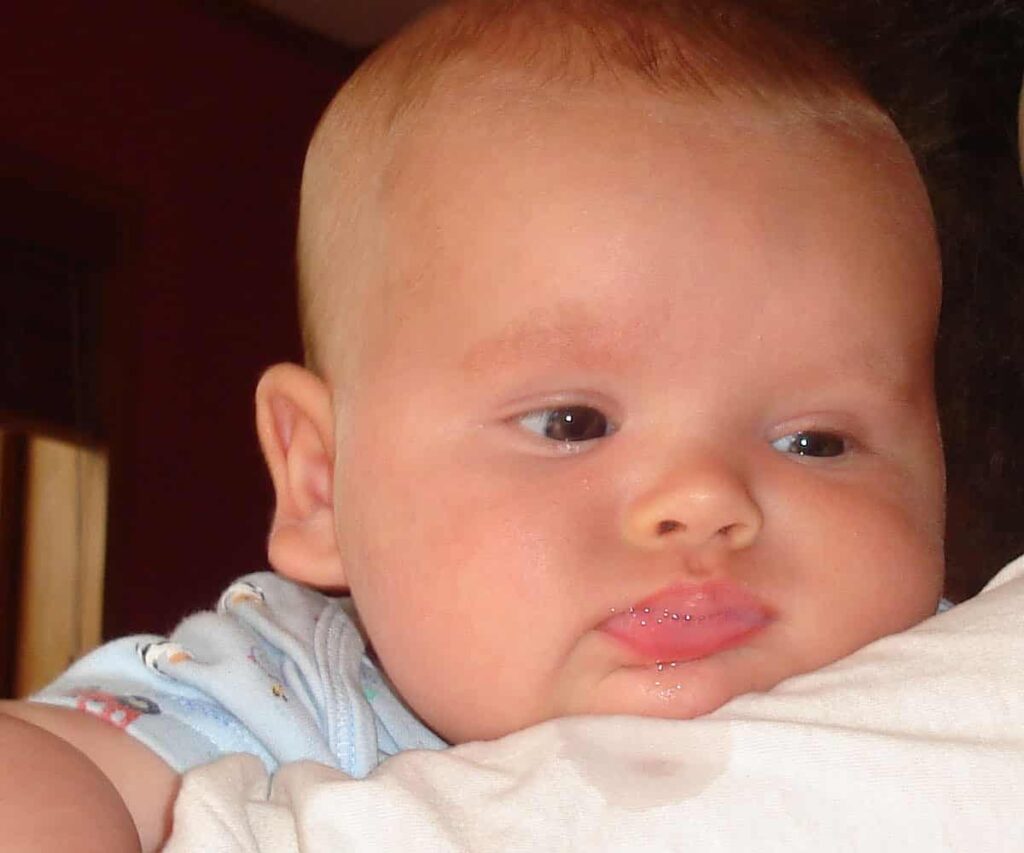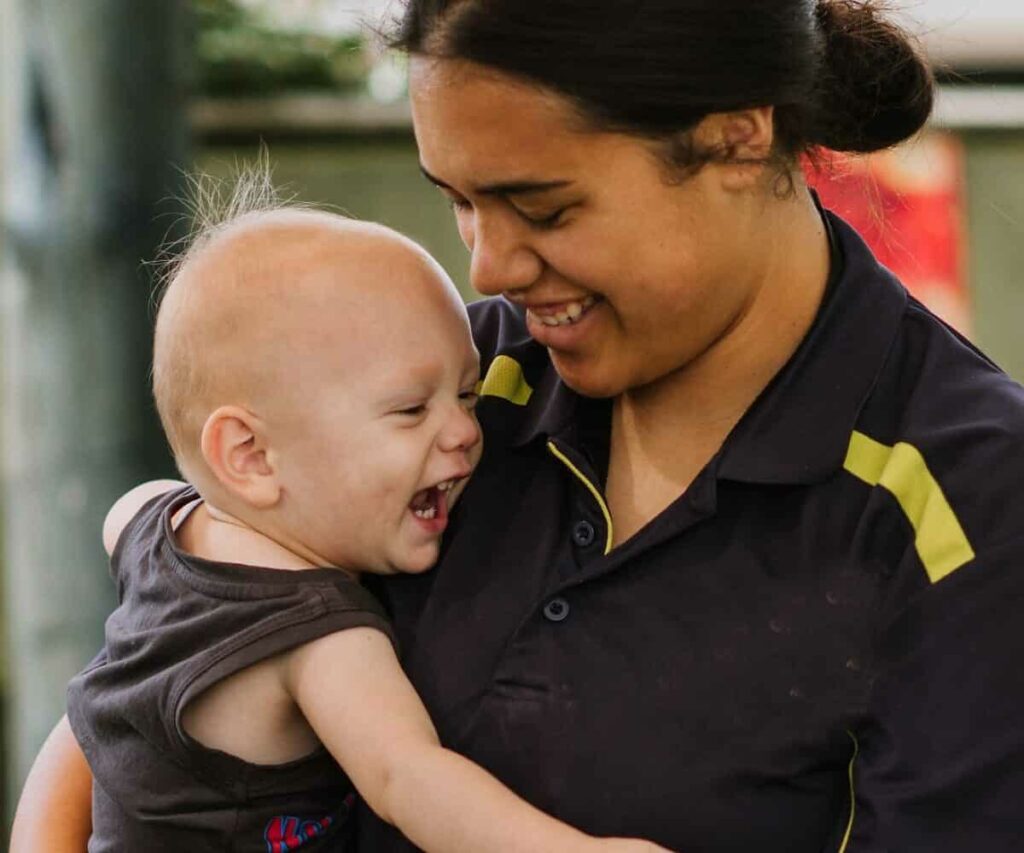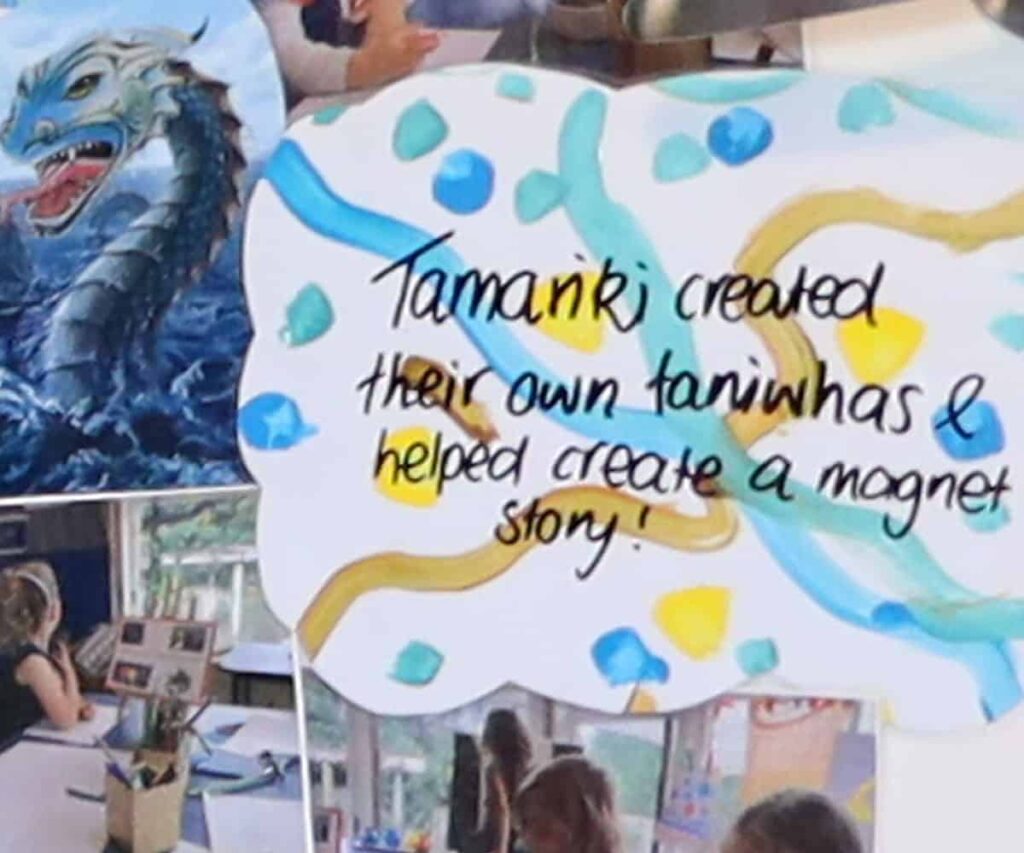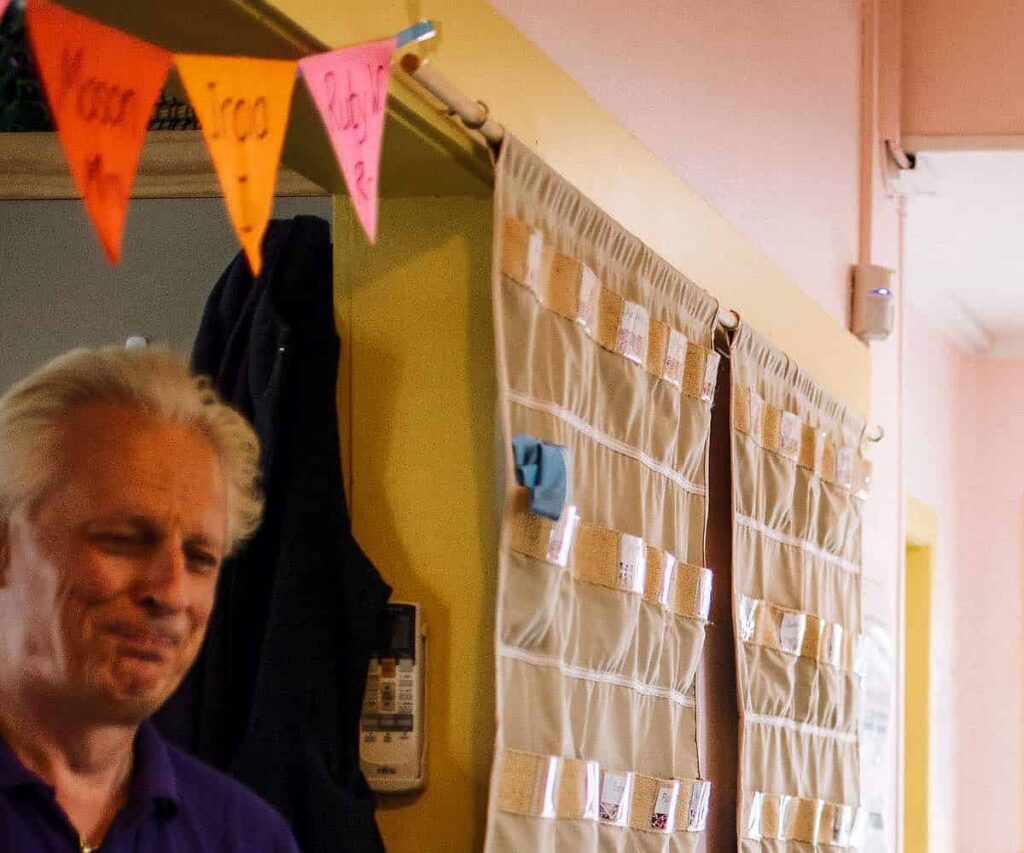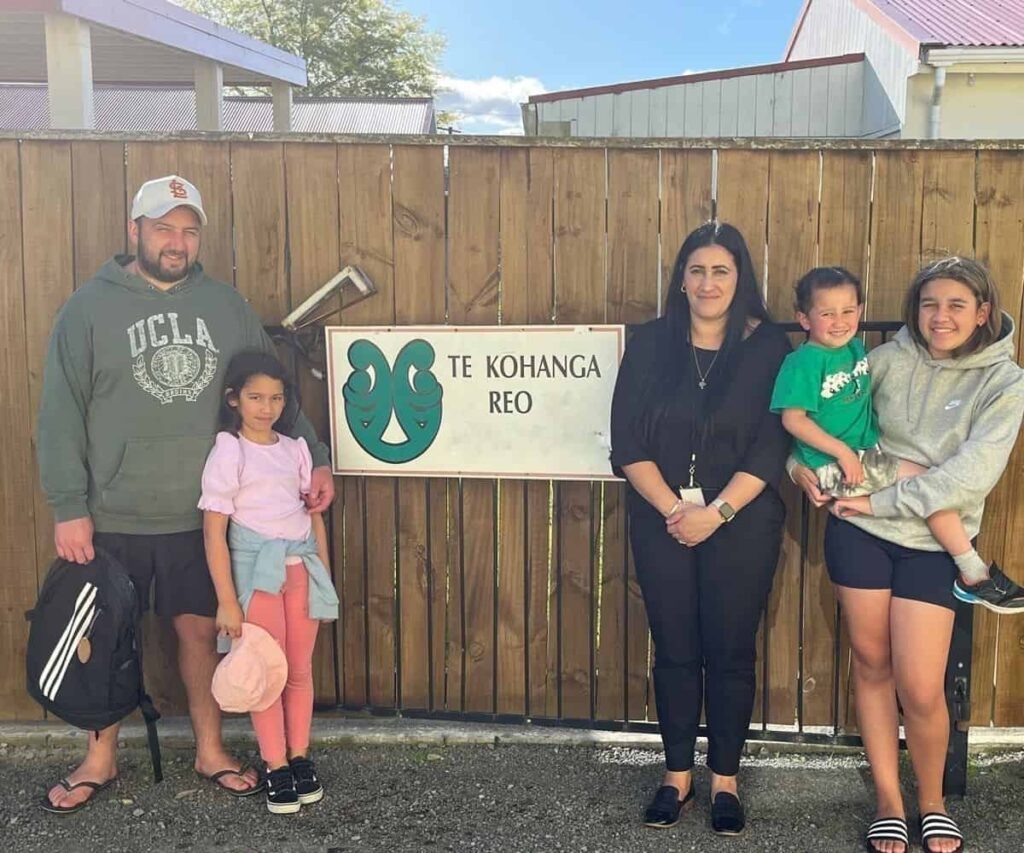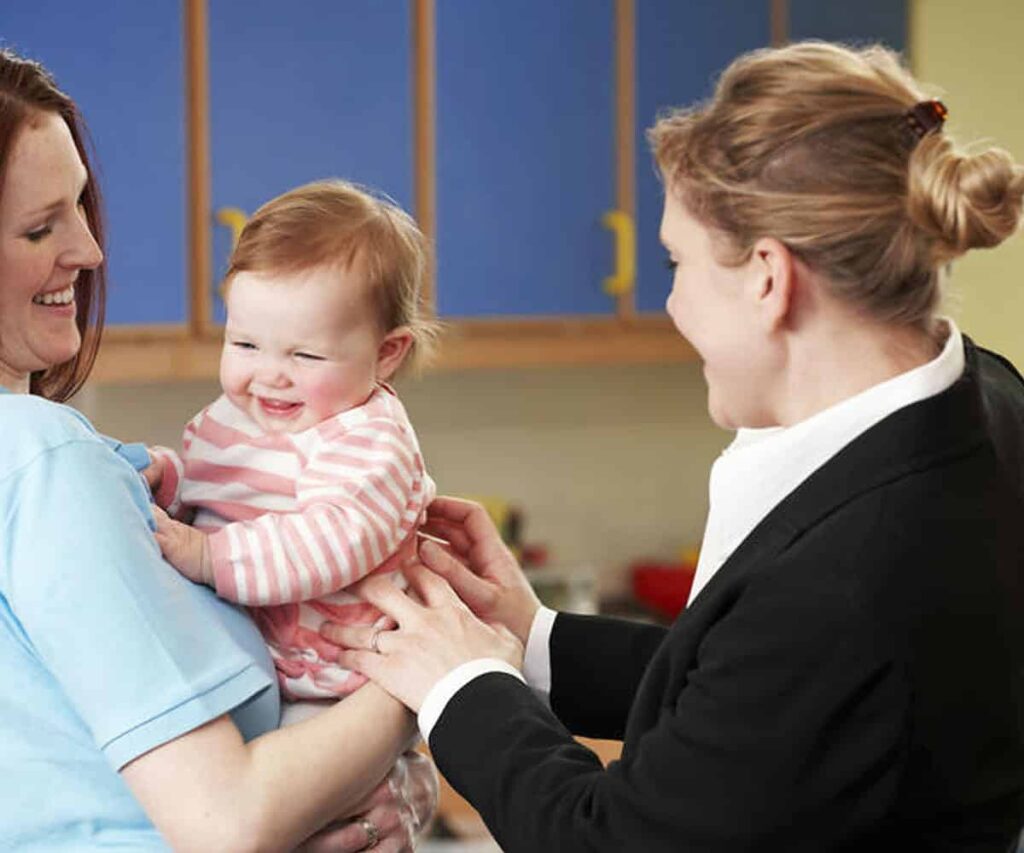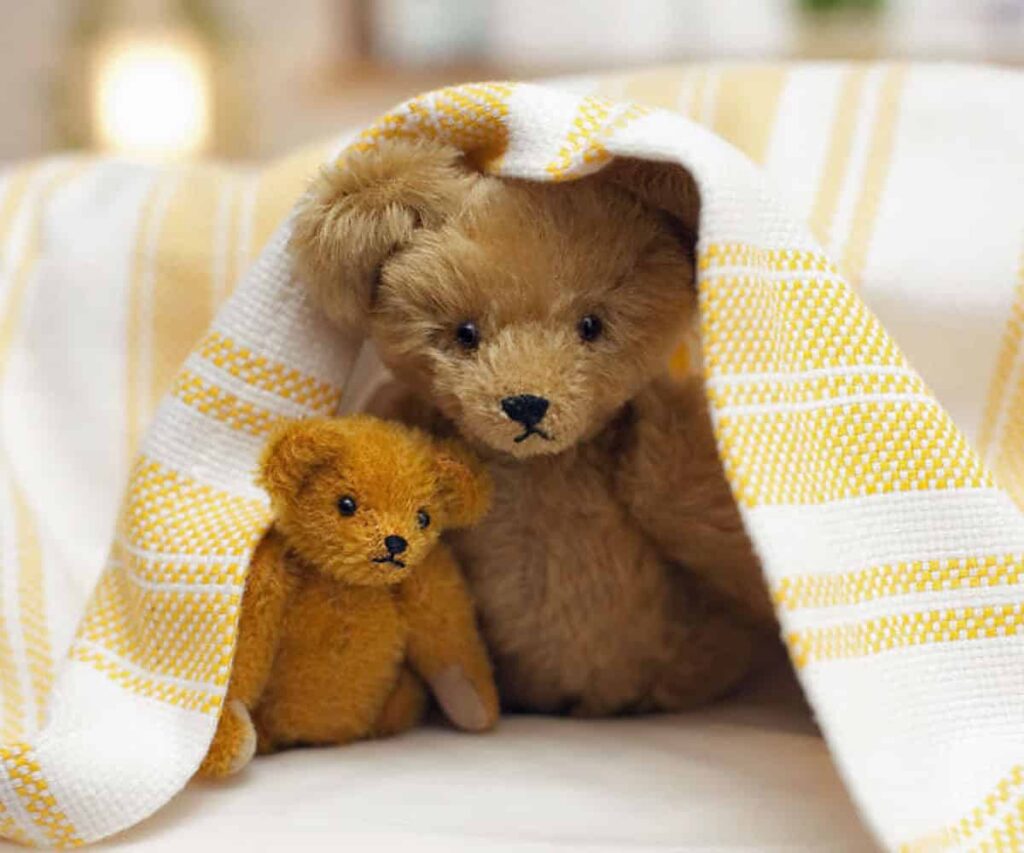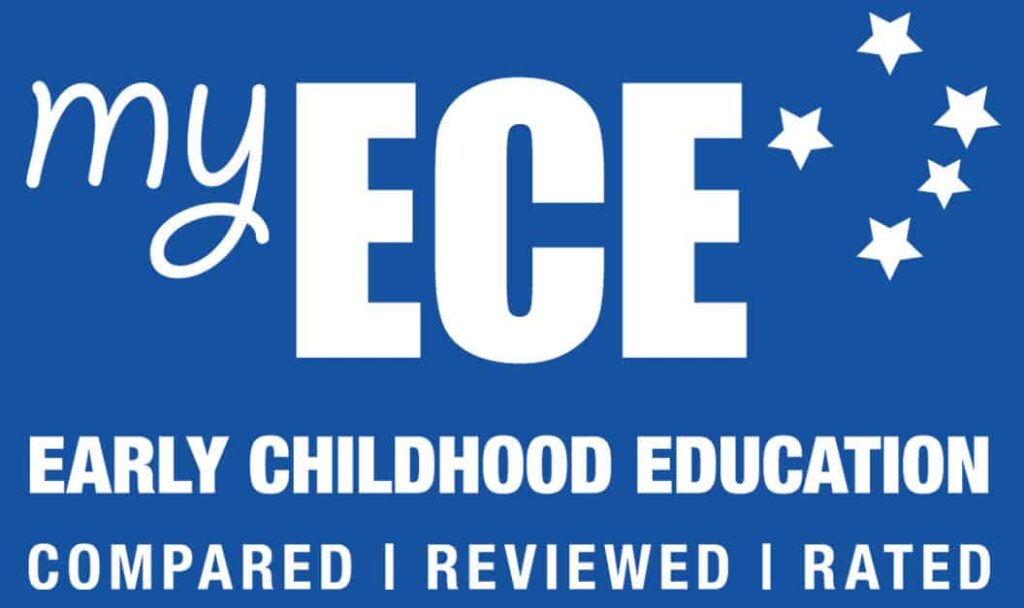Nappy changing
Facilities
In homes where a home-based service is provided, nappy changing facilities are not required unless children wearing nappies attend. Nappy changing facilities must be safe and hygienic. There are no requirements for design or location considerations.
Centres must have nappy changing facilities that are:
- Of safe and stable construction.
- Ensure safety and appropriateness for the age/ weight and number of children.
- Able to be kept hygienically clean.
- Located in a designated area near a hand basin.
- Separated from play and food preparation areas.
- Designed to foster children’s independence, e.g., steps to walk up, choose to stand.
- Designed to respect children’s dignity and right to privacy.
- Provide some visibility from another area of the service. (Note that the requirements for ‘visibility’ and ‘privacy’ appear contradictory but could be interpreted to mean that when the infant is being changed the infant should have privacy while children and adults in another area can see at a glance if an adult is in the changing area).
Practices
All services (home-based and centres) must have a written procedure for the changing (and disposal if appropriate) of nappies.
The procedure must:
- Be displayed near nappy changing facilities (home-based homes are exempt from displaying the procedure but must have a procedure available for the Ministry of Education to check at any time)
- Be consistently implemented.
- Aim to ensure safe and hygienic practices. (Note that displaying a procedure does not guarantee it will be followed and parents can only trust that practices will be safe and hygienic practices at all times)
- Ensure children are treated with dignity and respect.
Toilets
Facilities
In homes, there must be at least 1 toilet.
In centres, there must be:
- At least 1 toilet that adults can use.
- At least 1 toilet for every 1-15 persons in centres. Persons are defined as anyone aged two years and older and this includes teaching staff.
- Toilets must be located in a separate area from play and food preparation areas.
- Toilet facilities must be designed and located so children capable of independent toileting can safely access without adult help.
- At least toilet available to children can provide children with a sense of privacy, through use of a door or half door. (Note that the requirement of at least one and not all toilets is a breach of basic human rights – children should be able to use a toilet without other children, staff, and visitors looking at them as they do so. This requirement to give children a sense of privacy when using the toilet appears to be loosely interpreted with some centres providing no more than a shower curtain that children may not know they are allowed to pull across or may not be able to pull across. A lack of privacy can discourage a child from going to the toilet when they need to.)
There are no requirements for potties.
Handwashing
Facilities
In centres there must be:
- At least one warm water tap and one hand basin for every 15 people of any age or part thereof. (PF 19)
- Warm water accessed by children is comfortable and no hotter than 40 degrees Celsius. A tempering valve or other accurate means of limiting hot water temperature is installed.
- A means of drying hands is provided that prevents the spread of infection. (It is unlikely a service will be able to do more than minimise the risk of the spread of infection).
- Hand washing facilities must be provided with toilet facilities and separated from play and food preparation areas.
- Hand washing facilities must be able to be accessed by children (2 years and older) independently and safely without adult help.
In home-based services, homes are required to have “hygienic hand washing and drying facilities suitable for the use of the children attending”. No additional conditions for handwashing facilities are stated other than this.
Failing to meet minimum standards
The Ministry of Education needs to know:
- If you are concerned children’s needs are not being met.
- If you are concerned a service is not meeting a minimum legal requirement.
READ MORE: How to make a complaint and your options.
CAUTION: This page and the information here is provided as part of the My ECE Guide to Regulations and Licensing Criteria for Early Childhood Education Services (The Guide). The Guide does not purport to be a full and accurate interpretation of all statutory provisions relating to early childhood education services. While best efforts have been used in preparing this guide, no representations or warranties of any kind are made and My ECE assumes no liabilities of any kind with respect to the accuracy or completeness of the content. Please note that the Government and Ministry of Education may change, update, or alter any of the requirements at any time. Please help to keep the information on this page up to date by letting us know of changes that need to be made.
Thank you! Kia pai te rā
Reference:
Nappy Changing, Toileting, and Handwashing Requirements. Published in the My ECE Guide to Regulations and Licensing Criteria for Early Childhood Education Services, prepared by Dr Sarah Alexander and Warwick Marshall.
Last reviewed: 20 November 2022
